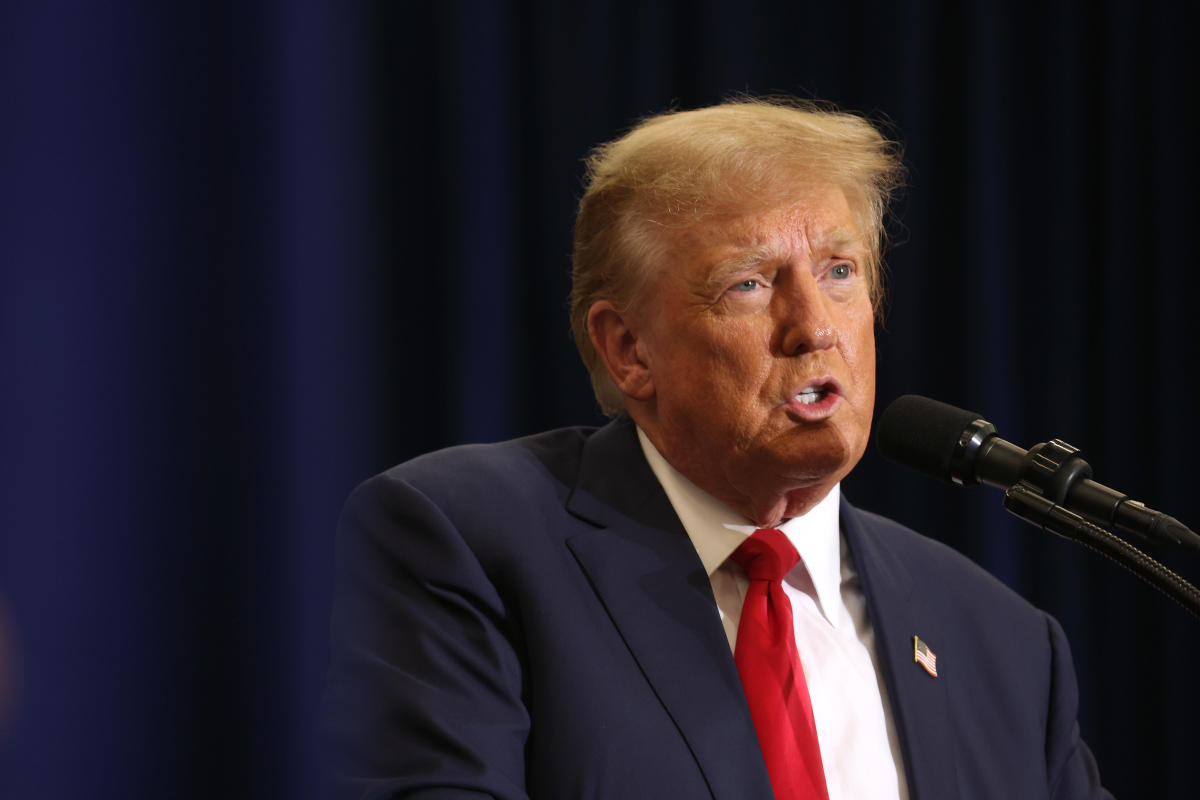Insights from South China Morning Post, Table.Media, and Politico China Watcher
The News
European Commission President Ursula von der Leyen has spearheaded a tough-on-Beijing approach, marked by calls to “de-risk” from China’s economy, investigations into Chinese imports, and new tariffs on Chinese electric vehicles that could be announced next week.
But that posture could weaken if far-right and far-left groups make considerable gains in the European Parliament elections that run June 6-9, experts say.
SIGNALS
Far left and far right are friendlier to China
Ursula von der Leyen is expected to hold on to the presidency, but both far-right and far-left groups are expected to gain seats in the parliament, along with clout and influence that could shift the bloc’s China stance. The factions on the fringes have consistently voted against legislation targeting China, the Association for International Affairs in Prague found, while centrist parties back tougher measures. Some far-left lawmakers have even introduced legislation echoing official Chinese government language. Beijing has been actively courting these same lawmakers, including holding in-person meetings, Politico reported.
But the far right’s China links are more in the spotlight
Beijing is closely watching how far-right parties perform in particular: A strong showing in the EU, followed by elections in three German states later this year, could “create an impression of political disarray,” a German Marshall Fund fellow wrote, which could slow any legislation aimed at curbing China’s ambitions. Last month, the office of Maximilian Krah, a German politician, was searched and his assistant arrested on suspicion of spying for China. (Krah’s AfD party has since been expelled by a far-right coalition of parties in the European Parliament after Krah said Nazi SS soldiers were “not all criminals.”)
European competitiveness is an election issue
Domestic issues, not international tensions, are typically front-of-mind for voters in the European Union. But China is particularly relevant on the domestic front, as it affects competition and investment, according to Amelie Richter, EU-China reporter for Berlin-based news outlet Table.Media. In the Czech Republic and Slovakia especially, some politicians have claimed the EU is capitulating to China by phasing out traditional cars in favor of electric vehicles, a market China leads, for example.
Signup bonus from




